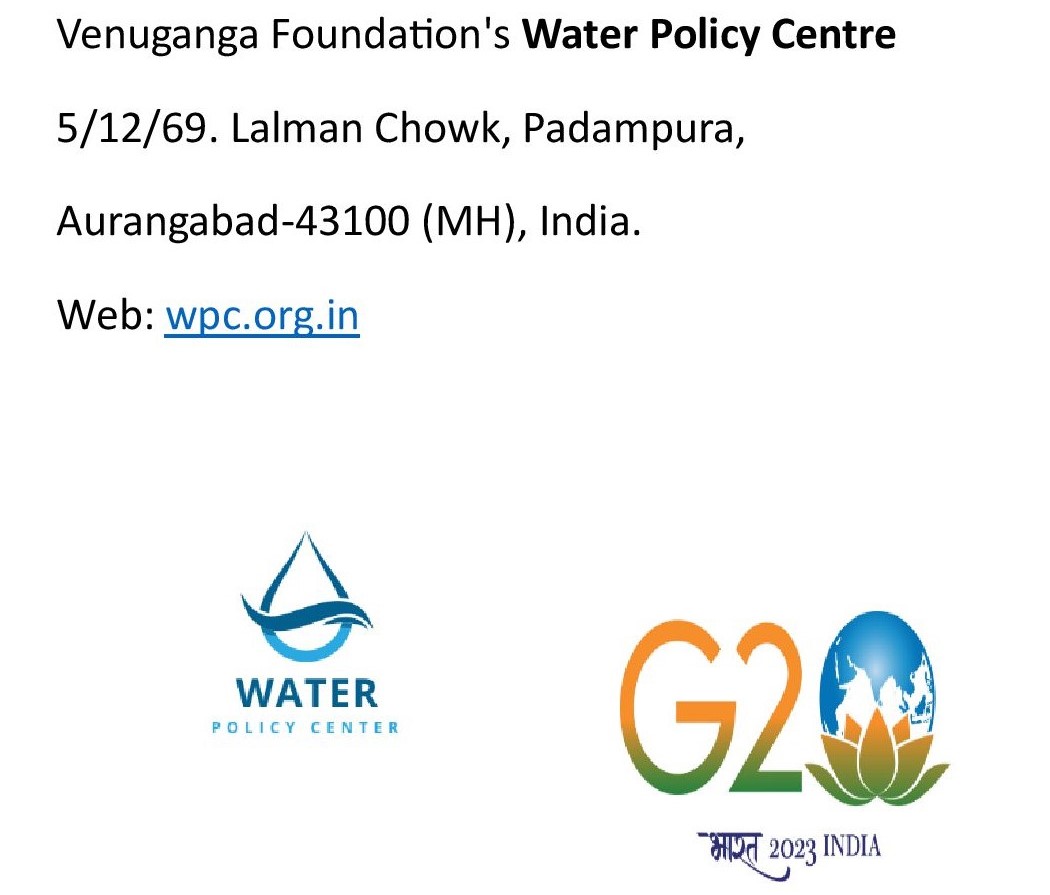Discover Global Society
Water, Society and Governance: Local and Global Dimensions
Springer


Water, Society and Governance: Local and Global Dimensions
In some or other form, different shades of water woes have entered each of our households and the challenge is complicating every next year, all over the world. Water historically played a key role in shaping our food habits, festivals, economic activities and manifestations of governance. However, pitfalls of the Anthropocene era has multiplied hindrances to the natural cycle of rain, percolation and recycling.
Focus on concrete and consumption-led urban growth is pushing water scarcity in nearby water-rich areas and transforming the relationships between water bodies and communities that traditionally acted as socio-cultural embankments for water’s natural pathways.
For most of our recent memory, problems and solution related to water were limited in scope and required local or regional intervention. But the water crisis is increasingly a global issue. The assetisation of water, coupled with environment-induced inequities, has been sharpening divides along many borders, including in the South, West and Central Asia, parts of Africa, and South America. In the not-too-distant future, water could be a major factor in influencing our geopolitical and geoeconomic decisions.
Water crises can push prosperous states into traps of poverty, crime and migration, and harm governance and democracy. Any tendency to enforce or deprive water access with force can lead to law and order situations, even wars, thereby disturbing regional political-economic resilience.
The time for development consensus which relied on over exploitation of water resources is over. If left unchecked, water issues can quickly translate into an awkward metamorphosis of the social, political and economical at the national and/or cosmopolitan level.
This Topical Collection seeks to address the much-needed exchange of ideas among policymakers, academicians, international relations experts, sustainability consultants, and business executives over postmodernist environmental determinism, which sought to forcibly curb seasonal water-related challenges such as flood or drought through top-heavy approaches. It will also seek to deliberate over the perpetuation of centralized policy frameworks leading to institutionalized corruption and subtle persecution of the socio-culture superstructures around celebration of water resources.
We would be interested in original, theoretical, technical and survey works throwing new insights on the following topics (but not limited to):
- Water and cultural beliefs;
- Water and food habits;
- Superstructures around sustainable water usage;
- Water and urbanization;
- Water and political-economic resilience;
- Techno-capitalism and water solutions;
- Water and evolution of governance;
- Water and local governance;
- Water and geopolitical disputes.
Keywords: Water, hydrology, governance, community, public policy.











